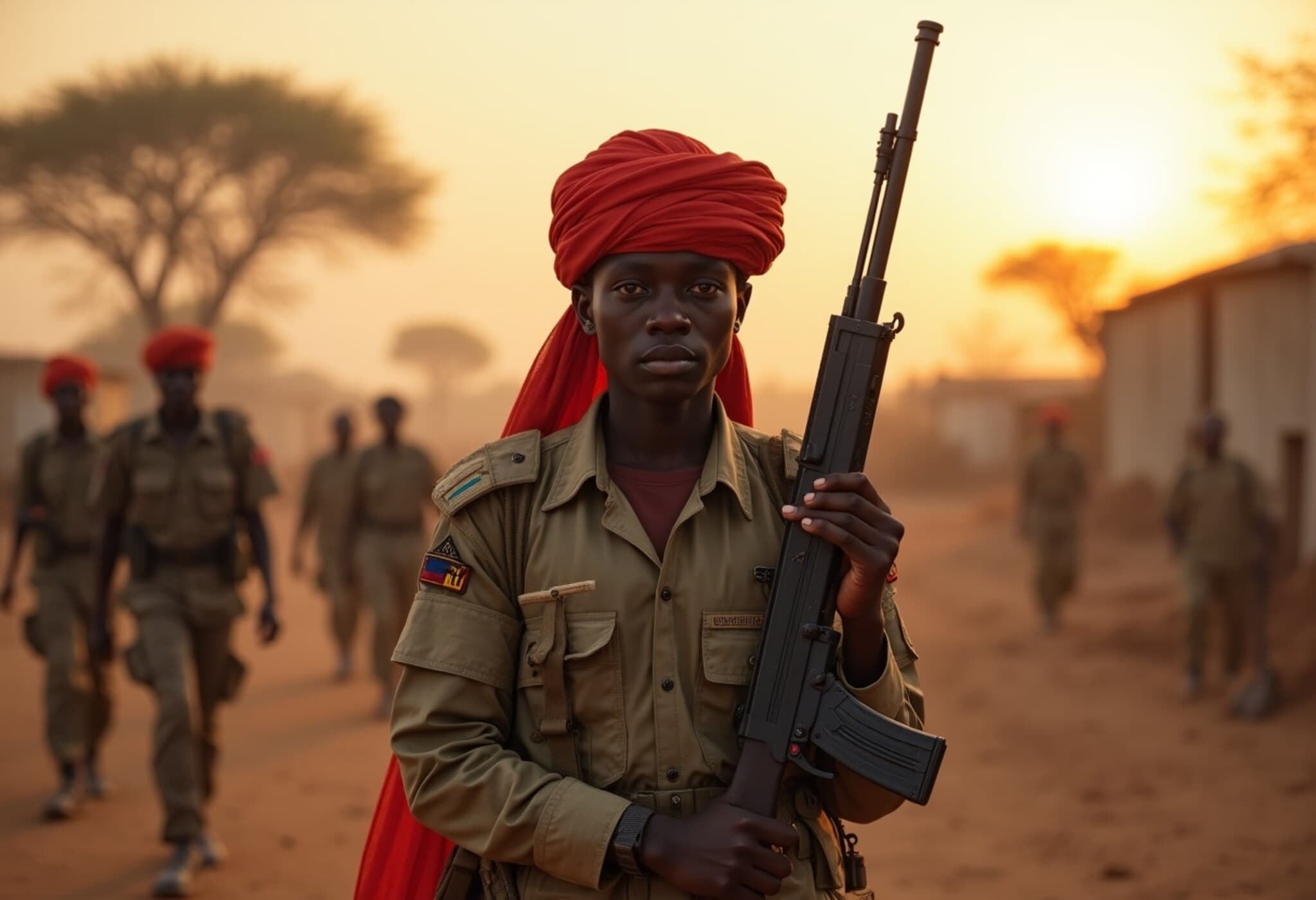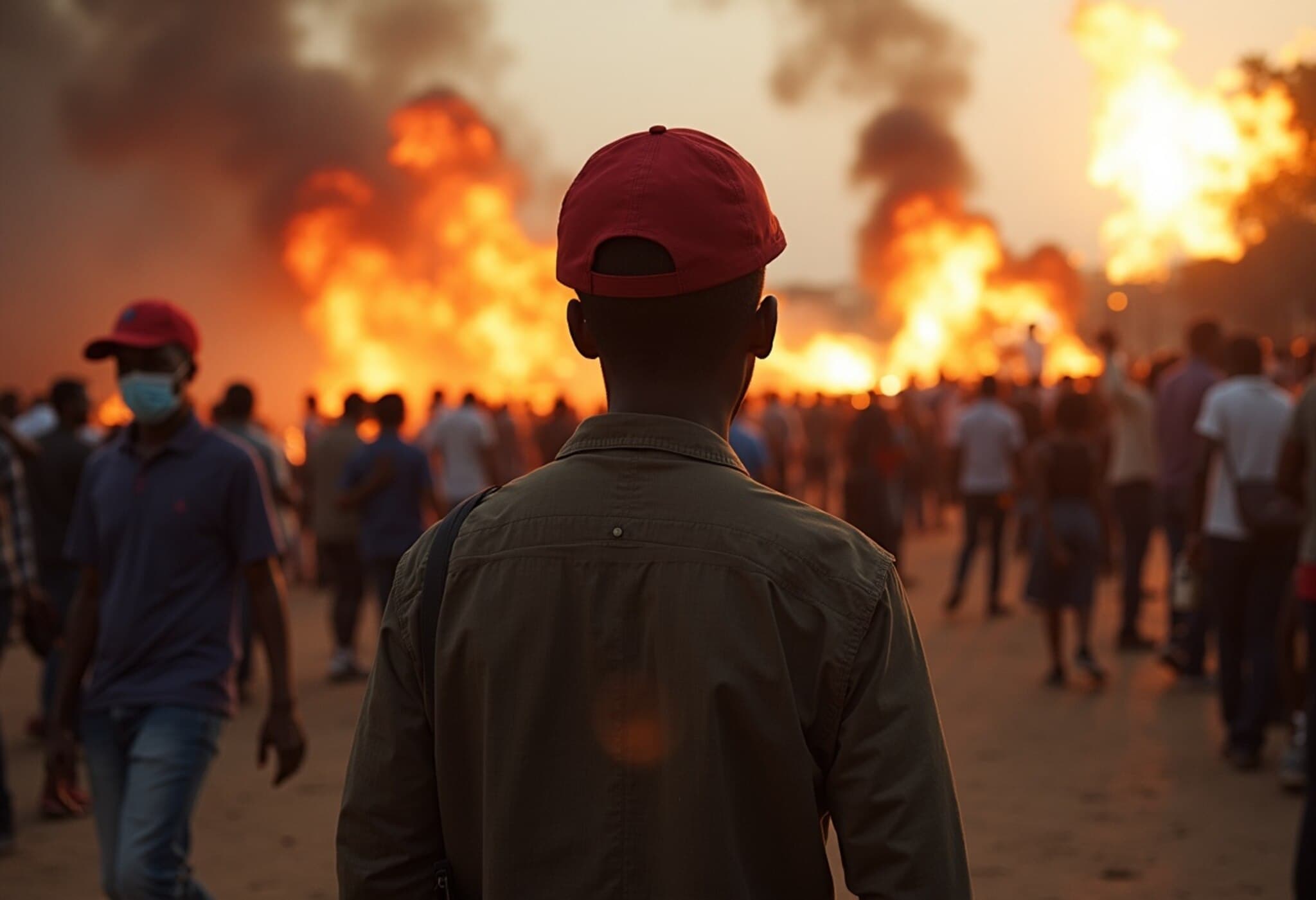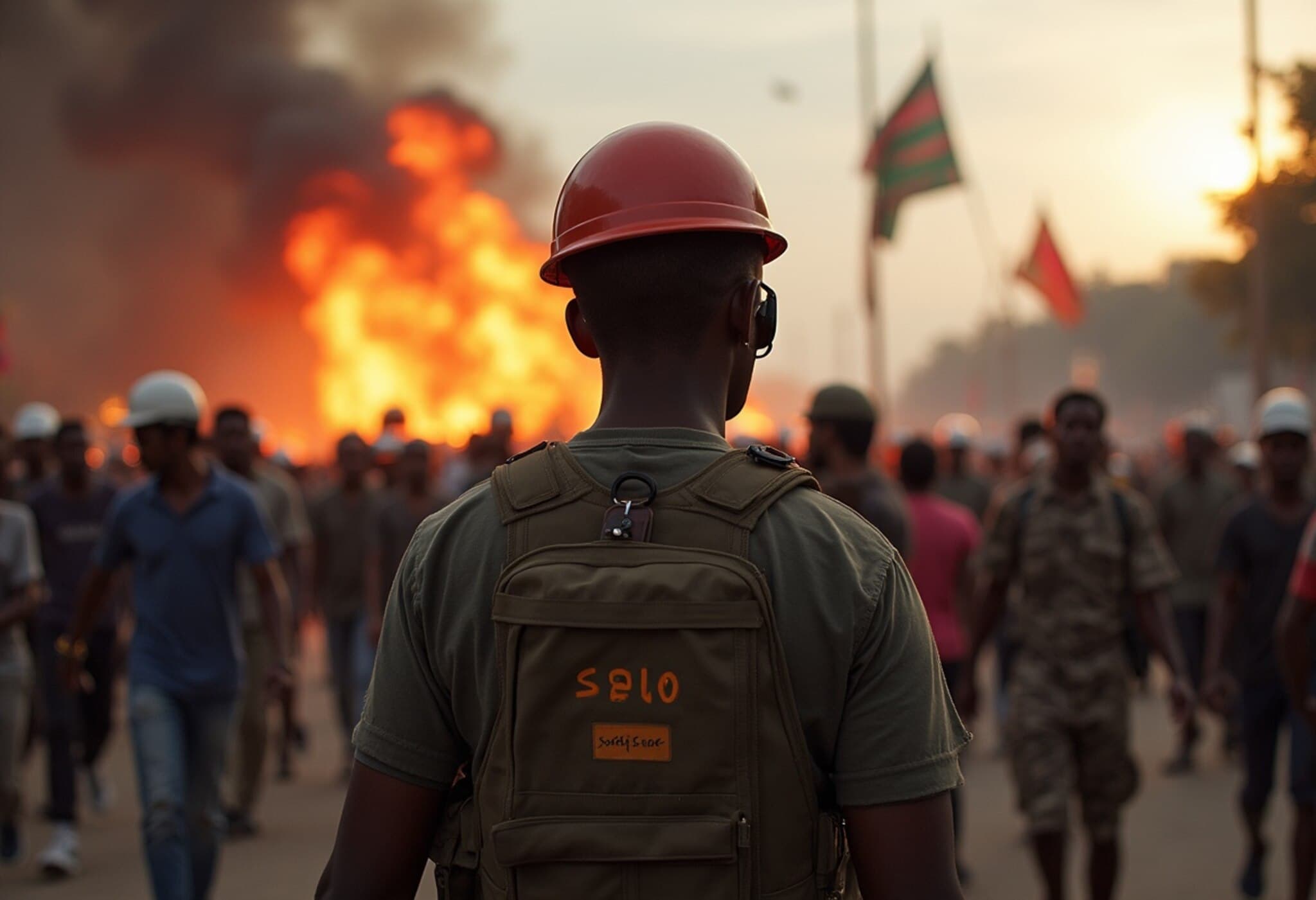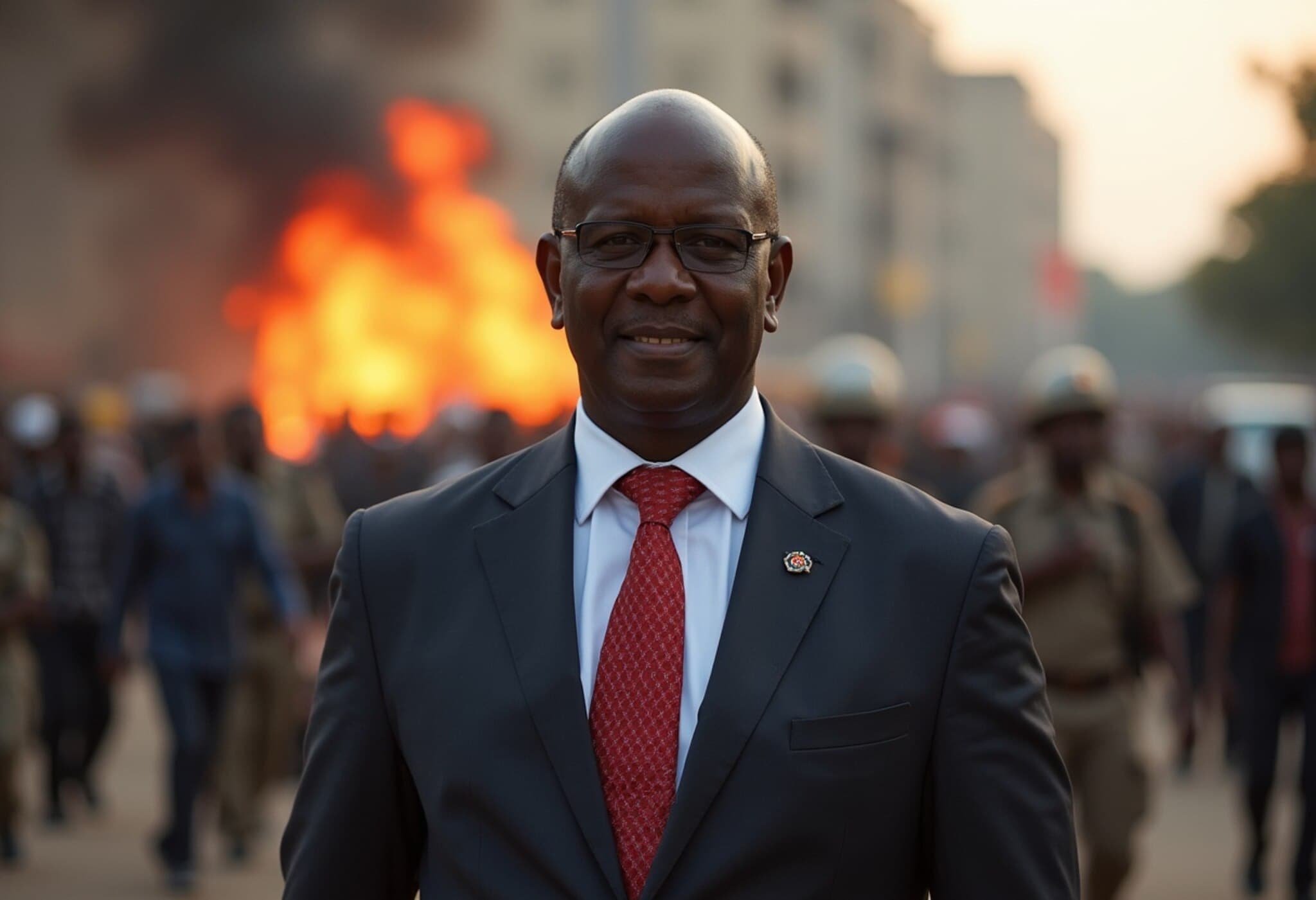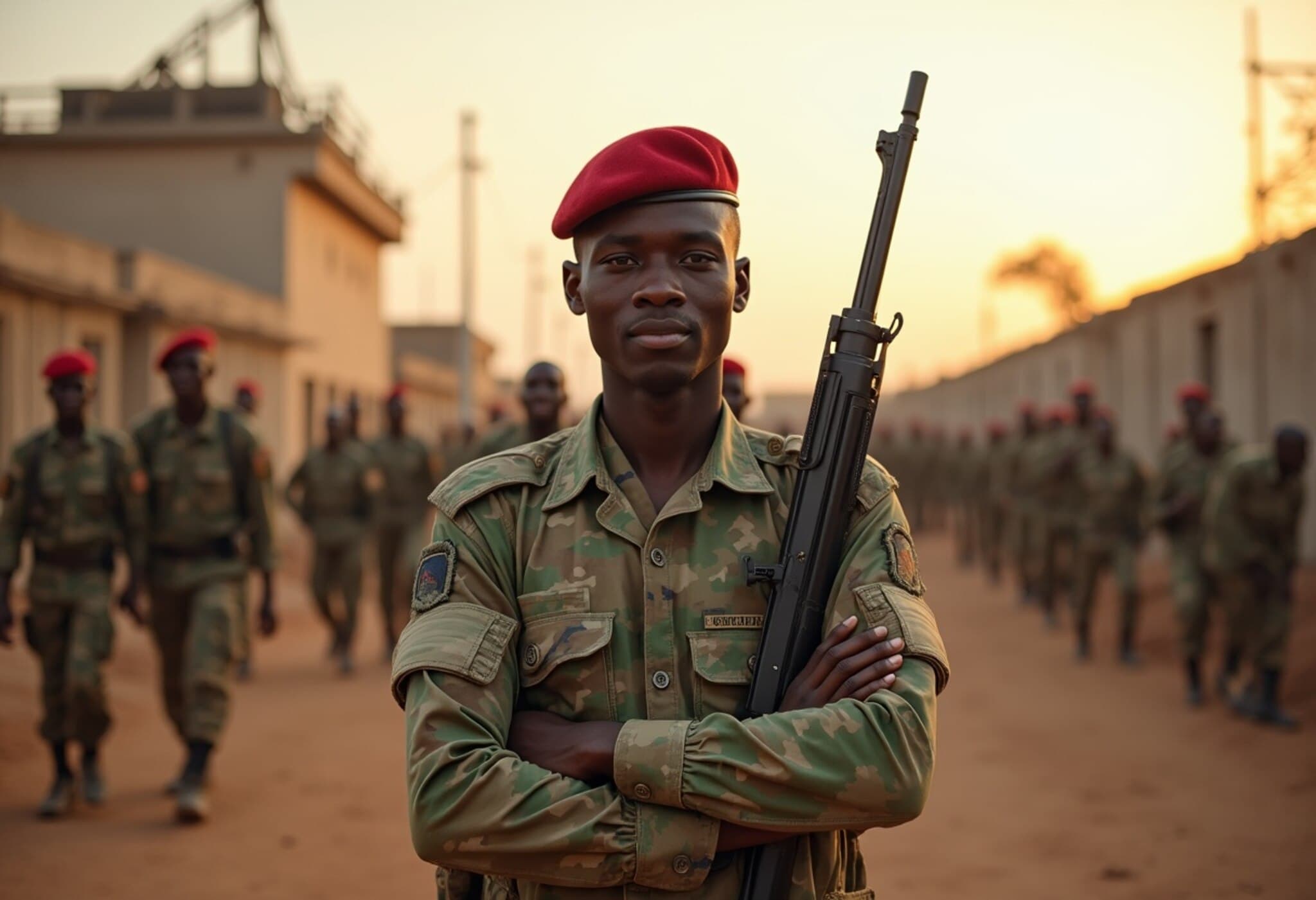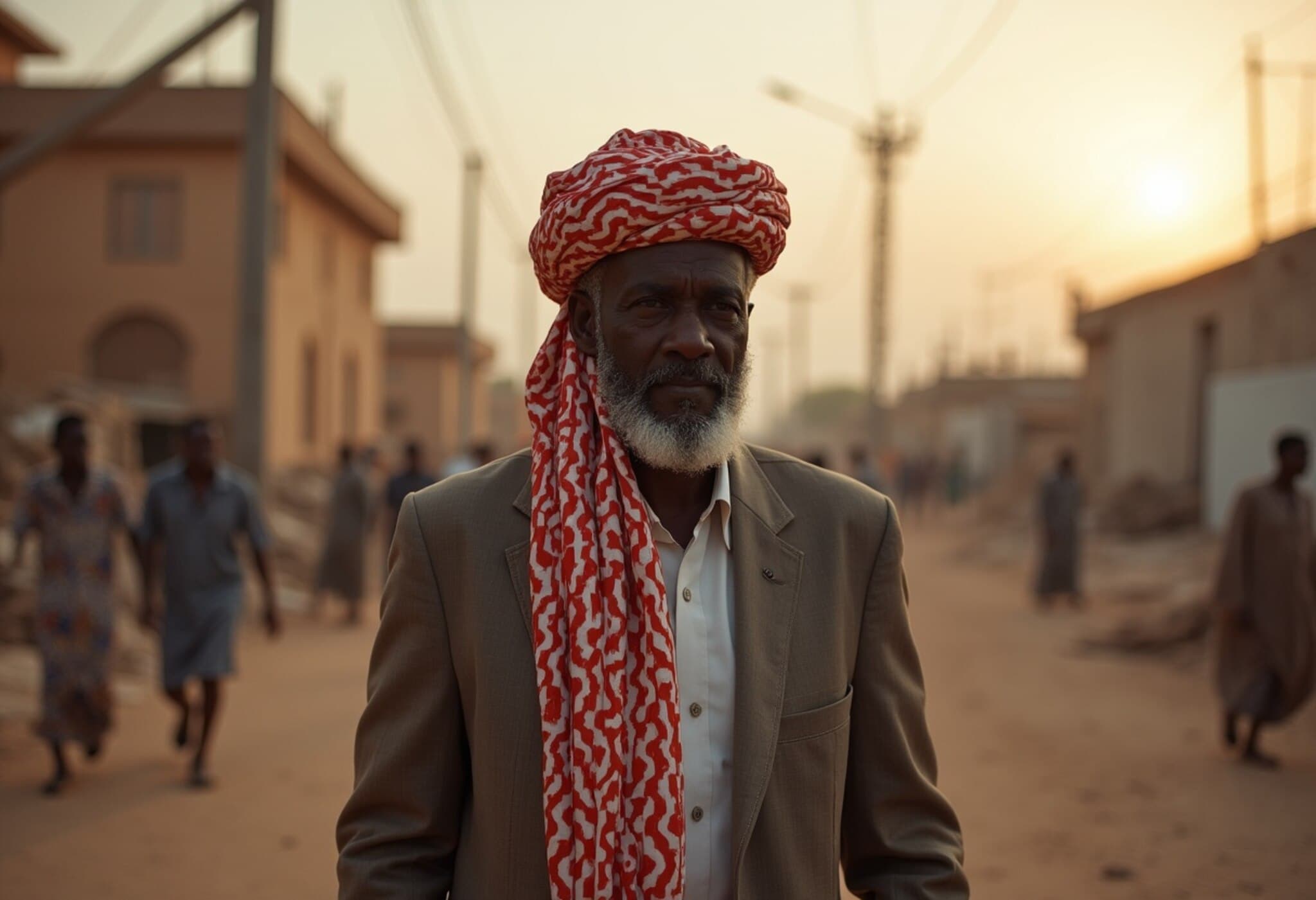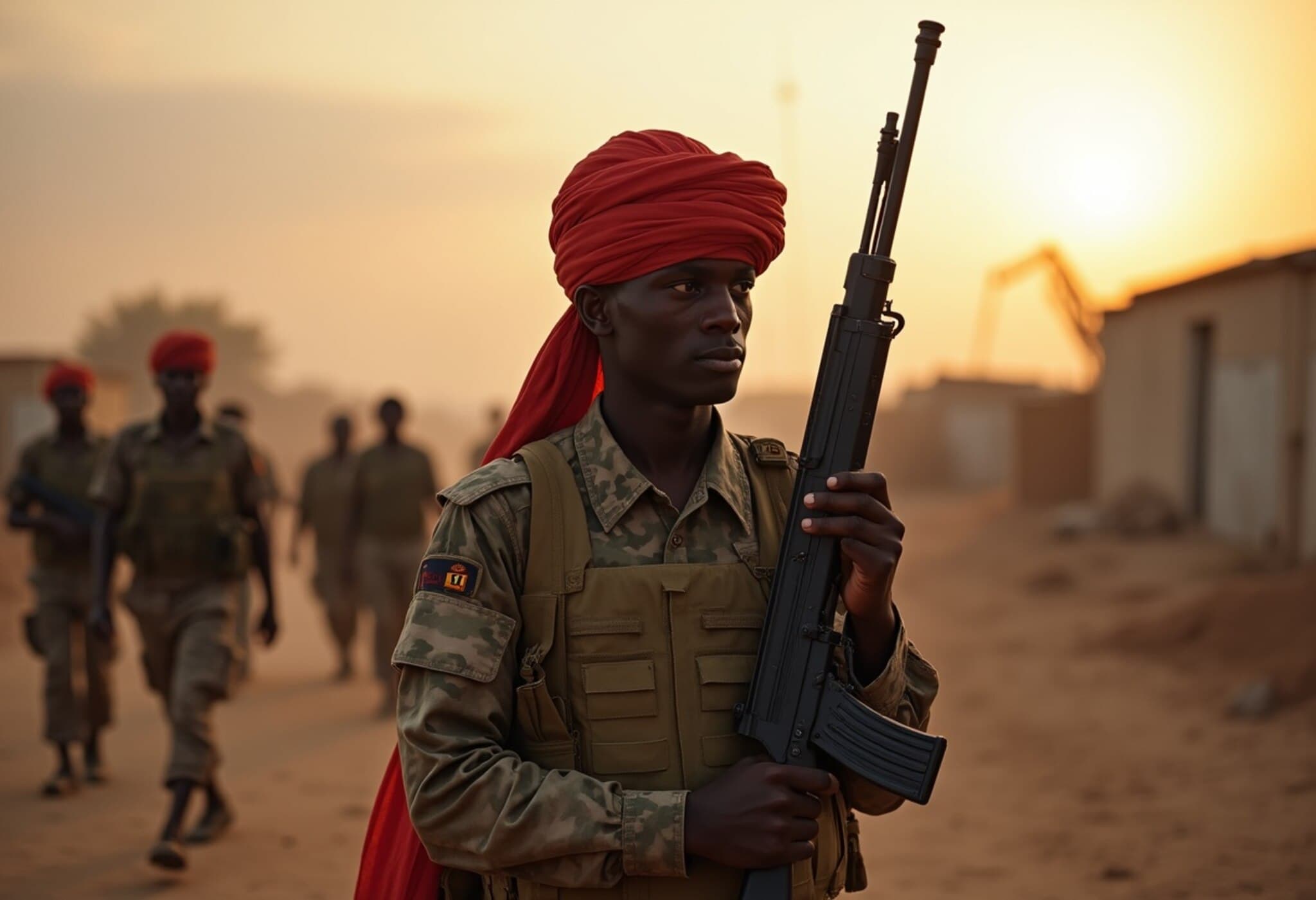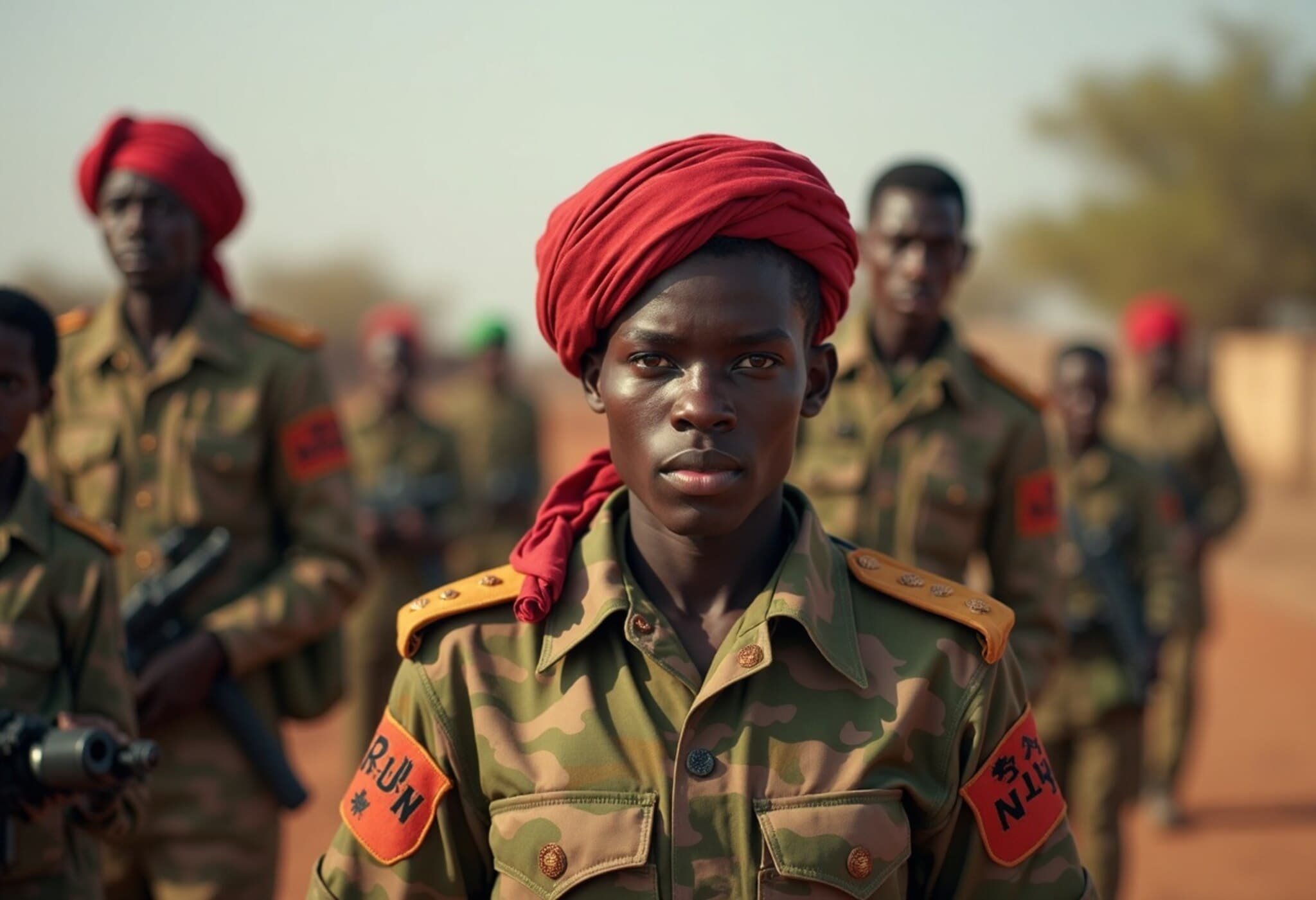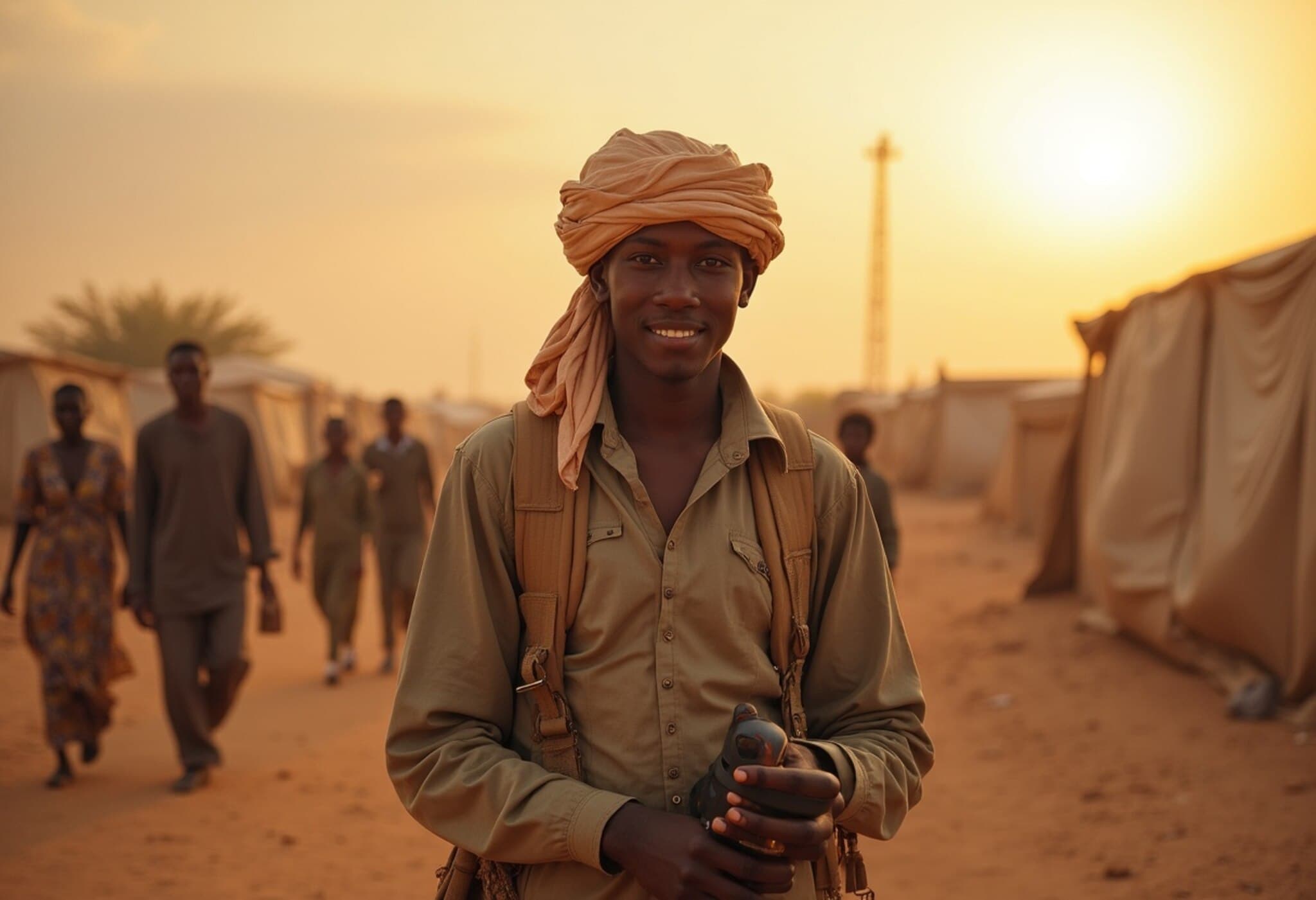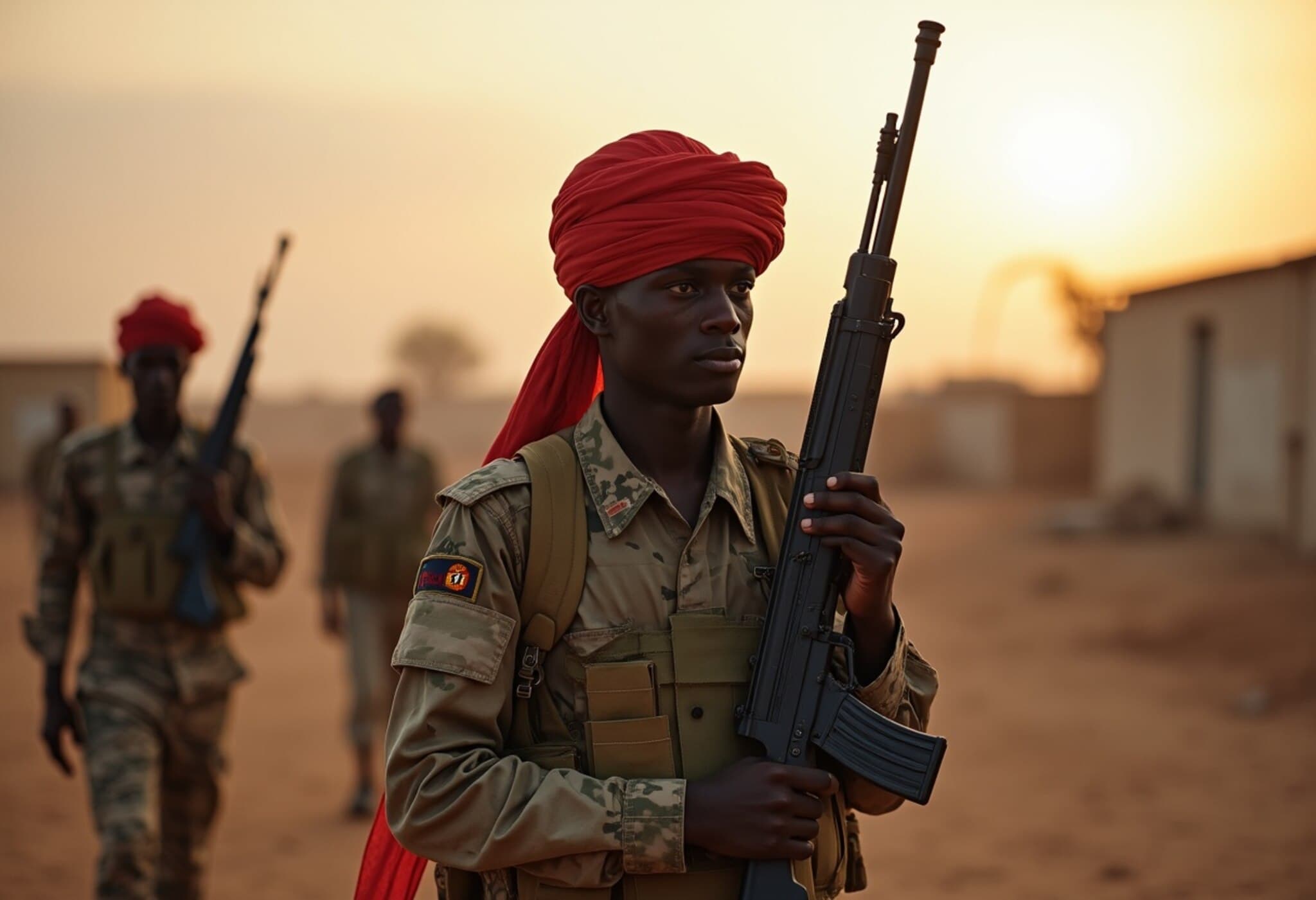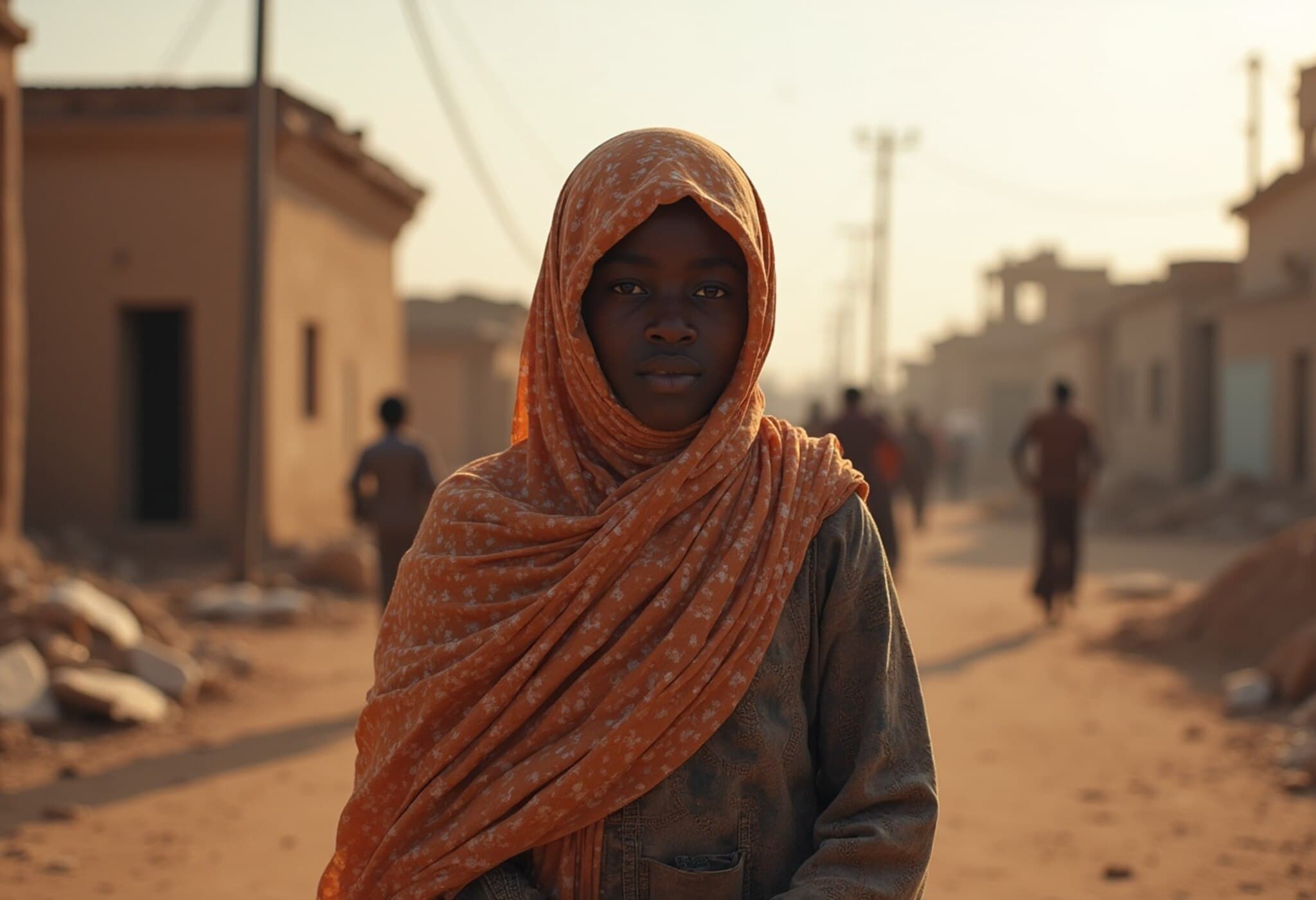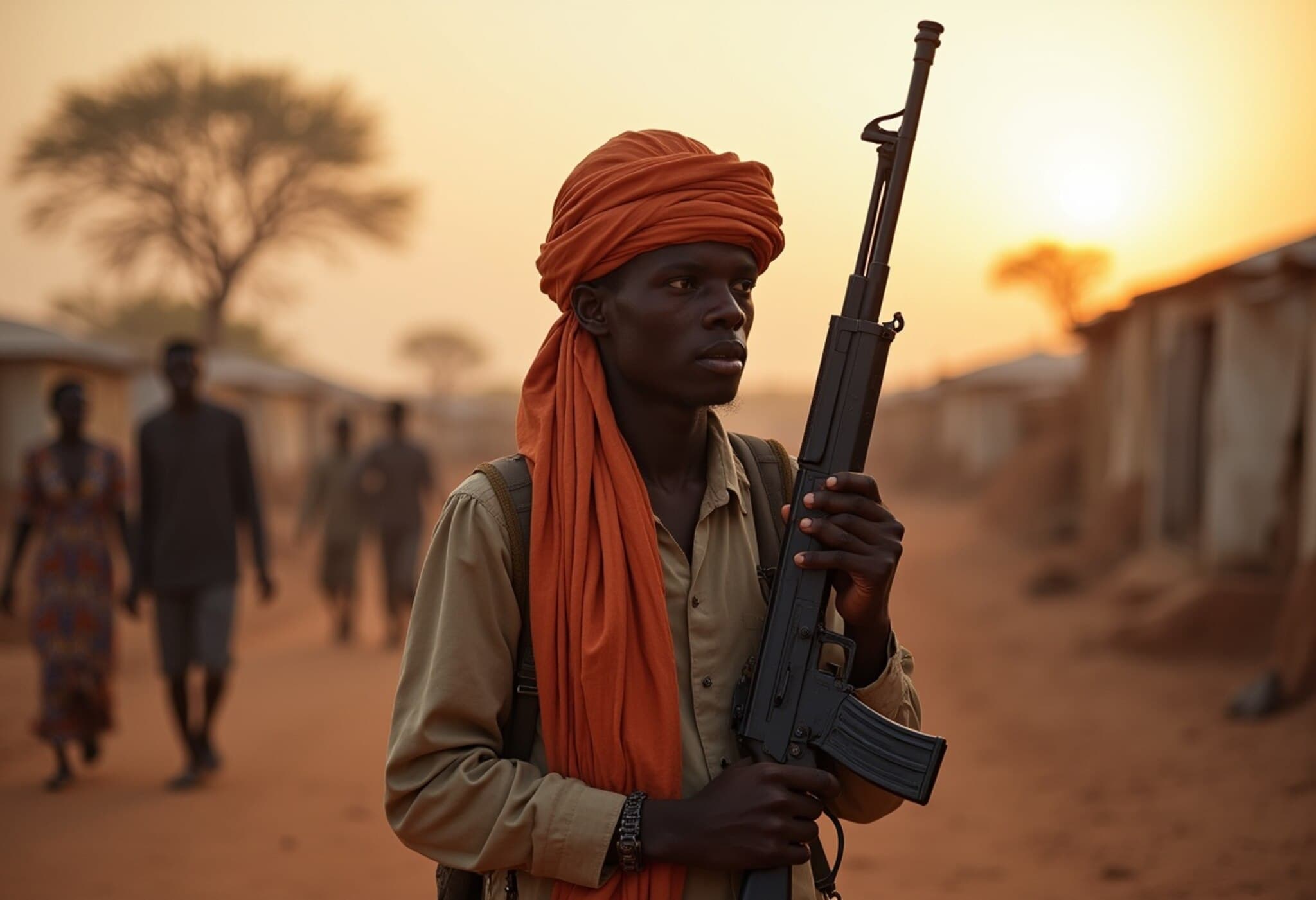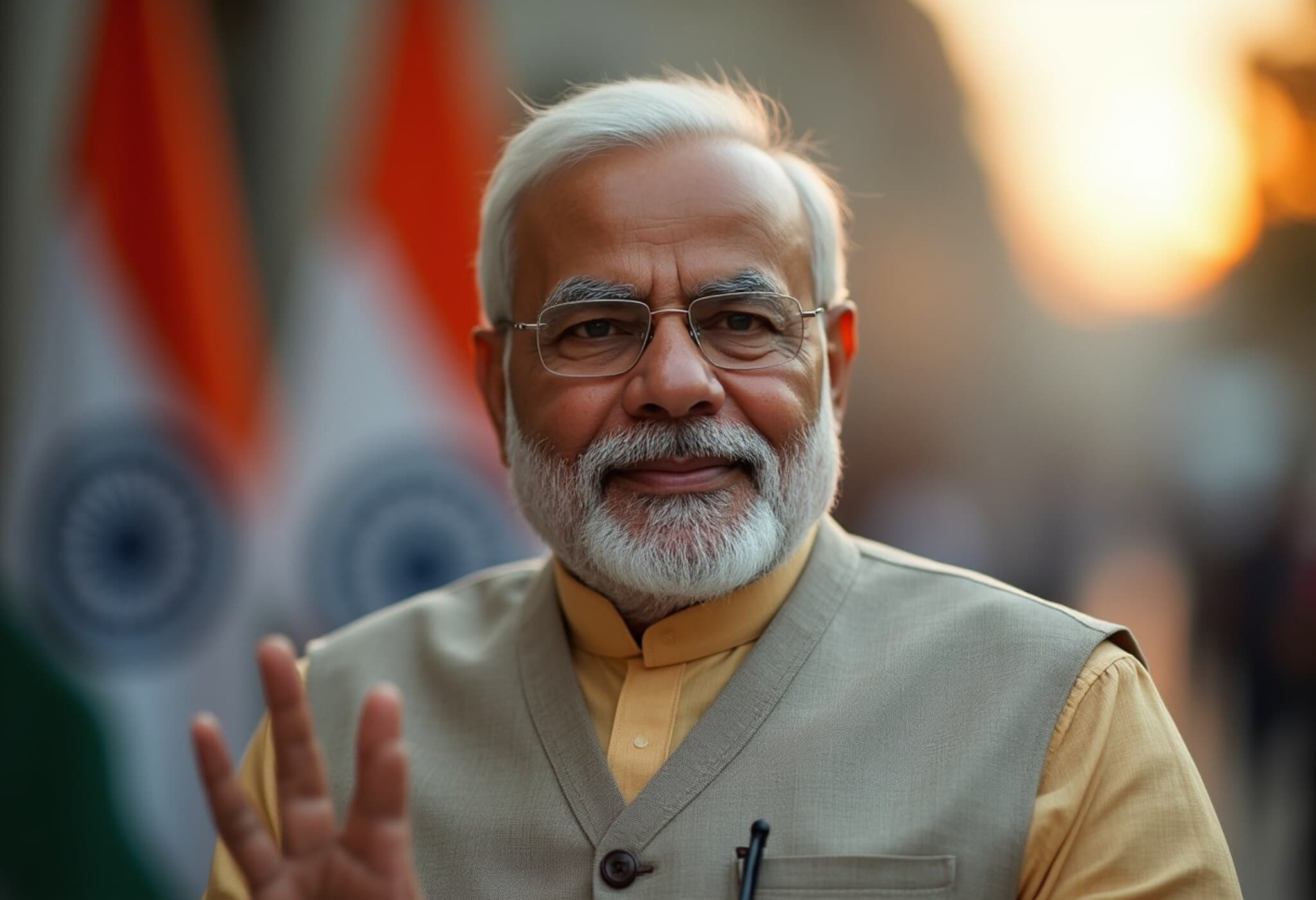Sudan's RSF Establishes Rival Government Challenging Military-Backed Regime
In a dramatic escalation of Sudan's ongoing civil conflict, the Rapid Support Forces (RSF) have announced the formation of a rival government, naming both a president and a prime minister. This move, declared at a press conference broadcast live from Nyala, the RSF-controlled city in South Darfur, marks a significant deepening of the division that has fractured the nation for over two years.
Key Appointments Signal New Political Front
The RSF-led coalition introduced Mohamed Hassan al-Ta’ayshi as prime minister of the so-called “government of peace and unity.” Al-Ta’ayshi previously served on Sudan’s transitional sovereign council from 2019 until the military coup in 2021, lending some political experience to the nascent administration.
Complementing this appointment, the RSF unveiled a 15-member presidential council, with RSF commander Mohamed Hamdan Dagalo appointed as president, and rebel leader Abdelaziz al-Hilu—who controls parts of southern Sudan—as vice president. The council also includes a diverse mix of political figures, ex-officials, and newly named regional governors, underscoring the RSF’s attempts to broaden its political coalition.
Sudan’s Territorial and Political Fractures Deepen
The declaration comes amidst enduring territorial division: the Sudanese army, recently retaking Khartoum, controls the north, east, and center of the country, while the RSF holds sway over vast swathes of Darfur and parts of Kordofan. These contested areas have witnessed some of the most intense conflict, with hundreds reported dead in recent attacks.
Particularly contentious is the appointment of El-Hadi Idris as governor of Darfur by the RSF, creating parallel governance structures since Minni Arko Minawi, allied with the army, holds a rival governorship. Minawi publicly rejected the RSF’s moves, condemning the group for sharing responsibility for widespread violations.
International Response and Regional Stakes
The United Nations has expressed grave concerns that the RSF’s establishment of a parallel government could fracture Sudan further, complicating international diplomatic efforts aimed at halting the violence that erupted in April 2023. UN officials warn that such political fragmentation risks intensifying Sudan’s already devastating humanitarian crisis.
To put the crisis into perspective, years of conflict have left tens of thousands dead and millions displaced. The collapse of essential services like healthcare and potable water has pushed Sudan to the brink of a full-scale humanitarian disaster, drawing urgent calls for peace from global actors.
Historical Context: From Allies to Adversaries
The roots of the current conflict trace back to a bitter rivalry between army chief Abdel Fattah al-Burhan and RSF leader Mohamed Hamdan Dagalo. Once close allies who joined forces to oust dictator Omar al-Bashir in 2019, their alliance unraveled in a power struggle culminating in the 2023 coup that halted Sudan's fragile transition toward civilian governance.
This power tussle has since spiraled into a brutal war, with civilian populations caught in the crossfire and governance structures fragmenting along armed faction lines.
Looking Ahead: The Challenge of Reunification and Peace
The RSF’s political charter, signed in Nairobi in February with allied civilian and armed groups, reveals an ongoing effort to formalize a separate governing authority. However, the lack of immediate response from the Sudanese army highlights the fragility of dialogue and the complexity of resolving Sudan’s multi-layered conflict.
The newly proclaimed government under al-Ta’ayshi faces immense challenges in forming a functioning cabinet and gaining legitimacy amid competing claims. Meanwhile, the international community watches closely, recognizing that Sudan’s stability is crucial to regional security in East Africa.
Expert Insight
Sudan’s crisis exemplifies how fractured political and military alliances can descend into prolonged conflict with immense human costs. Experts emphasize that sustainable peace will require inclusive dialogue, addressing grievances from diverse ethnic and regional groups, and restoring civilian governance structures. The international community must balance sanctions and diplomatic engagement to avoid inadvertently entrenching divisions.
Editor’s Note
Sudan’s formation of a parallel government by the RSF highlights the profound fragmentation gripping the nation. As rival powers entrench their claims, the risk of a permanently divided Sudan increases, with dire implications for regional stability and humanitarian conditions. This development raises pressing questions about the path forward: Can Sudan’s fractured political landscape ever coalesce into a unified government? What role should international actors play in mediating peace without fueling factionalism? As the conflict persists, the human toll mounts, underscoring the urgent need for innovative conflict resolution and renewed commitment to civilian governance.

